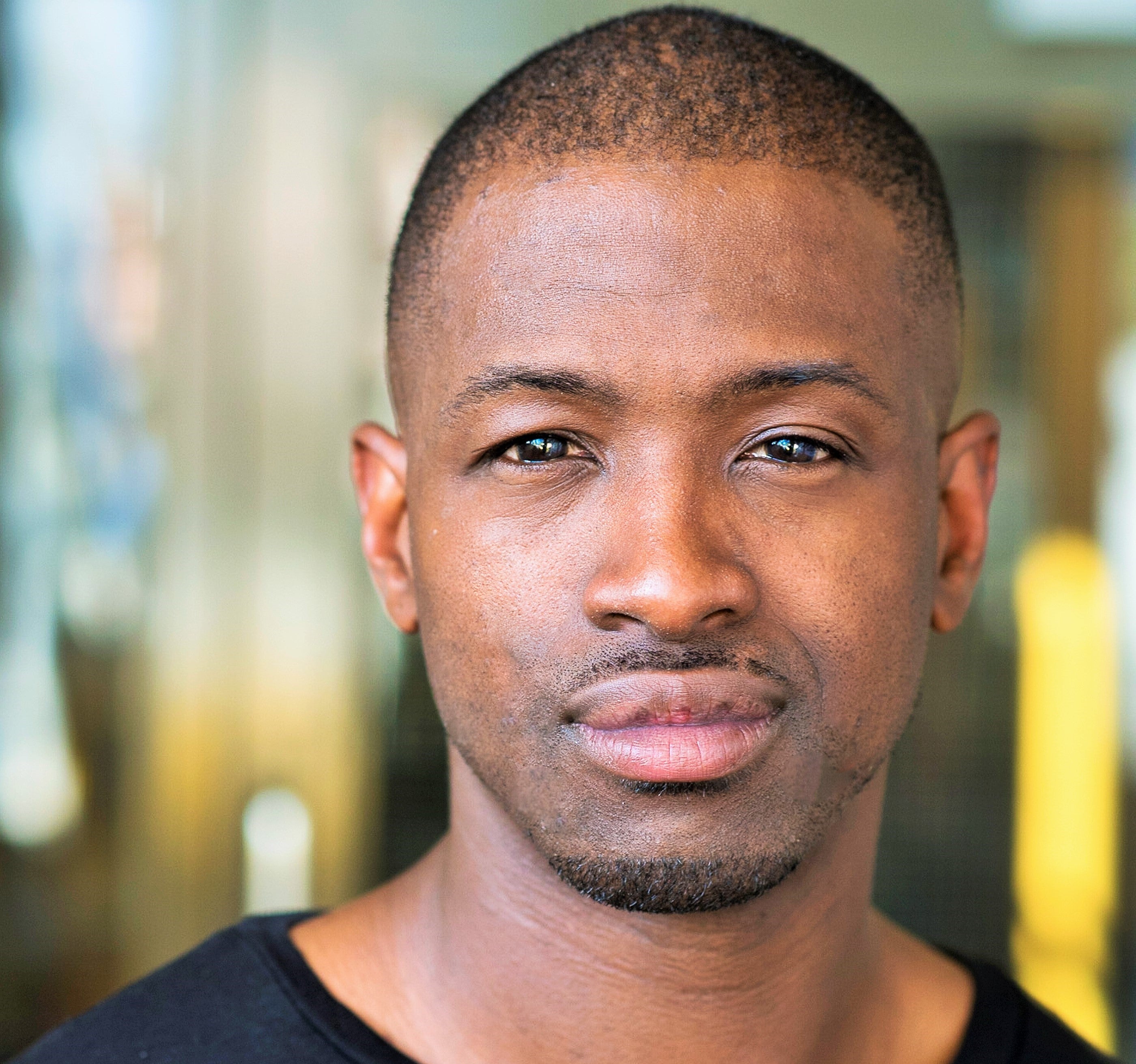‘Discrimination by descent’: Legacy of Windrush scandal endures
Special report: UK government’s hostile environment policies continue to wreak havoc upon people’s lives, they tell Nadine White on Windrush Day


Your support helps us to tell the story
From reproductive rights to climate change to Big Tech, The Independent is on the ground when the story is developing. Whether it's investigating the financials of Elon Musk's pro-Trump PAC or producing our latest documentary, 'The A Word', which shines a light on the American women fighting for reproductive rights, we know how important it is to parse out the facts from the messaging.
At such a critical moment in US history, we need reporters on the ground. Your donation allows us to keep sending journalists to speak to both sides of the story.
The Independent is trusted by Americans across the entire political spectrum. And unlike many other quality news outlets, we choose not to lock Americans out of our reporting and analysis with paywalls. We believe quality journalism should be available to everyone, paid for by those who can afford it.
Your support makes all the difference.As Britain celebrates national Windrush Day, with activities and events up and down the country, the hostile environment policies that led to the Windrush Scandal continue to wreak havoc upon the lives of many.
The annual celebration marks the anniversary of the arrival of MV Empire Windrush at the Port of Tilbury on 22 June 1948 – a seminal moment in Britain’s history.
“The Windrush Generation and their descendants have had - and continue to have - a profound impact on Britain’s social, cultural and economic life,” Robert Jenrick, communities secretary, said in a statement to mark the day.
“This year the continued contribution of Windrush descendants has been felt as deeply as ever, with British-Caribbean communities coming to the fore to support our nation through their incredible contributions to the NHS, councils and every other part of public life.
But the full extent of the scandal was revealed only in 2018, with the news that thousands of predominantly Black people within that now-lauded community had been stripped of their right to live and work in the country they call home.
And while the government has pledged to “right the wrongs” caused by the scandal, many of those affected still await compensation and restorative justice. Beyond that, Windrush descendants and others have told The Independent that they are still being hurt by the ‘hostile environment’ policies that led to the debacle in the first place.
The policies, introduced in 2012 by then-Home Secretary Theresa May, was geared at making life difficult in Britain for those who could not satisfactorily prove their right to remain in the country.
It has since been renamed ‘the compliant environment’, according to the Home Office, and yet the problems persist.
‘Born in Britain but told I’m not British’ - Sam Trye
Sam Trye, 31, was born in London, his family having originally moved to the UK from Sierra Leone. Yet his is one of many cases of Black Briton being treated as foreign despite having been born on these shores.
Initially threatened with deportation after leaving prison, as his mother was not born in the UK, he has been fighting the order ever since, and has been unable to work or access the social safety net.
Mr Trye has two British children, and cares for his mum in London, but to date these have not been seen by Home Office as compelling enough grounds for him to remain in the UK. He is continuing to appeal against the finding.
“To put my business out there is a lot... it’s been difficult for me. I’m not speaking out for clout or to cause controversy; I just want this nightmare to end,” he told The Independent.
“I’m not saying that I’m perfect but being in this position where I haven’t been able to work and have to sign on multiple times a week in the middle of a pandemic, even, is hard. I don’t want to be sitting around and sulking about this. I just want a resolution; to be able to provide for my family and make the best of what life has to offer.
“This ordeal has broken down a lot of relationships, people have taken advantage of me because of immigration status. The rippled effect is a lot; it’s degrading.”
‘UK-born actor faces deportation to a country he’s never lived in’ - Ace Ruele

Ace Ruele Aristotles, who has appeared in Eastenders, The Legend of Tarzan and New Blood, has only ever visited Jamaica twice but faces deportation to the island if he fails to pay thousands of pounds to the Home Office every two years.
The 33-year-old was born in London to a Jamaican mother – who did not have British citizenship at the time – and subsequently given indefinite leave to remain.
This is something that he was not aware of until he fell foul of the law after “falling in with the wrong crowd” during his adolescent years.
Now Equity, the trade union for performing arts workers and creative practitioners, has created a petition calling on the Home Office to restore his rights.
“Though I am not directly affected by the Windrush scandal itself, I can relate to the persecution that many have faced and are still facing by the Home Office due to their hostile environment as a descendant of the Caribbean,” Mr Ruele told The Independent on Windrush Day.
“It’s no surprise the Home Office hasn’t reviewed my case but regardless the fight continues.”
Speaking about his case last month, he said: “I feel like I am being punished twice for a mistake I made years ago.”
“I take responsibility for my actions but, at the end of the day, I’ve served my time, have never reoffended and I’m not a threat to society.”
‘Born on a British colony but no UK citizenship’ - Euen H*
Euen H* is not considered a British citizen despite being born in Saint Kitts and Nevis in 1980, when it was still under British rule, and Margaret Thatcher was the prime minister.
Consequently, he has struggled to secure his immigration status from the Home Office after moving to the UK in 2003.
The 41-year-old’s grandfather, also from the same island, is a UK citizen as acknowledged by the Home Office under the 1971 immigration act, but convoluted legislation applying to all former colonies dictates that he cannot pass on his citizenship to Mr H* or his mother.
On the other hand, naturalised UK citizens who were born outside of the UK and colonies – known as ‘aliens’ – are able to easily pass on citizenship to their children and grandchildren born overseas.
This, in effect, means that Black people like Mr H* are being discriminated against by the Home Office, he says.
“This is discrimination by descent for those victims and their descendants,” he told The Independent.
“As a result, an entire cohort of people who descended from citizens of the UK and colonies that came to rebuild Britain are being systematically deprived of their right to inherit British ctizenship from their parents and grandparents and are facing possible deportation.
He added: “The Home Office, although completely aware of these grave anomalies, are completely indifferent to the pain and trauma it inflicts on Black British citizens. Therefore, there needs to be root and branch reform of British immigration policy which is infested with institutional racism and procedural inconsistencies.”
“I feel unwanted by a state of which I was born, part and parcel: race was a determining factor in these policies being set between the 1960s and 1980s.”
‘Isolated overseas despite Windrush parents’ - Marissa Marius

Marissa Marius, 33, was born to Windrush survivor Richard Black and his then wife in Trinidad and Tobago in 1988, while he was stranded on the island after his UK citizenship was withdrawn when his passport expired.
Despite the fact that her parents’ status as UK subjects was recognised by the Home Office following the Windrush scandal in 2018, Marissa is not classed as such, even though she should have been at the time of her birth.
Children born overseas to British citizens normally require registration in the UK or at a British consulate abroad in order to receive their national rights – however Ms Marius’ parents were turned away by British embassy officials in Trinidad and Tobago after being wrongly told that their daughter was not eligible.
Now that her father is set to return to the UK after nearly a 40-year exile and her mother resides in the UK, Ms Marius will be isolated in Trinidad and without her immediate family around.
“I would honestly like the Home Office to give me what is due to me because, at the end of the day, it wasn’t my fault that my mother couldn’t register me; it was the UK government who gave the wrong information.” Ms Marius, a mother-of-one told The Independent.
“If they’re saying they’re correcting the wrongs they’ve made, they need to start doing that. It shouldn’t be a case of people going to the press for them to act right.”
She added: “The scandal has torn families apart – and continues to do so.
“I have some good days and some bad days. I cry a lot because it’s very emotional. My dad will soon be gone; I don’t have the luxury of having my immediate family around me and it’s very lonely. I feel like an outcast.”
Minnie Rahman, Campaigns Director for the Joint Council for the Welfare of Immigrants, told The Independent: “Despite repeated promises to right the wrongs of the Windrush scandal, the dangerous and discriminatory set of policies at the root of the scandal remain firmly in place, with many Black Britons pushed into endless limbo, debt and destitution as a result.
“A clueless and careless Home Office is still devastating people’s lives. If this government were serious about delivering justice in the wake of the scandal, it would scrap the Hostile Environment immediately.”
A Home Office spokesperson said: “In response to the Windrush Lessons Learned Review’s important findings, we are undertaking a full evaluation of the compliant environment policies and measures, individually and cumulatively, to make sure that the crucial balance is right.
“We use a wide range of interventions to deter non-compliance, support good behaviour and take enforcement action where necessary to remove those here unlawfully.
“In light of the Windrush events we have put new safeguards in place to ensure that people who are in the UK lawfully are not unintentionally caught up in immigration controls.”
(*) This person’s full name was concealed at their request.
Join our commenting forum
Join thought-provoking conversations, follow other Independent readers and see their replies
Comments